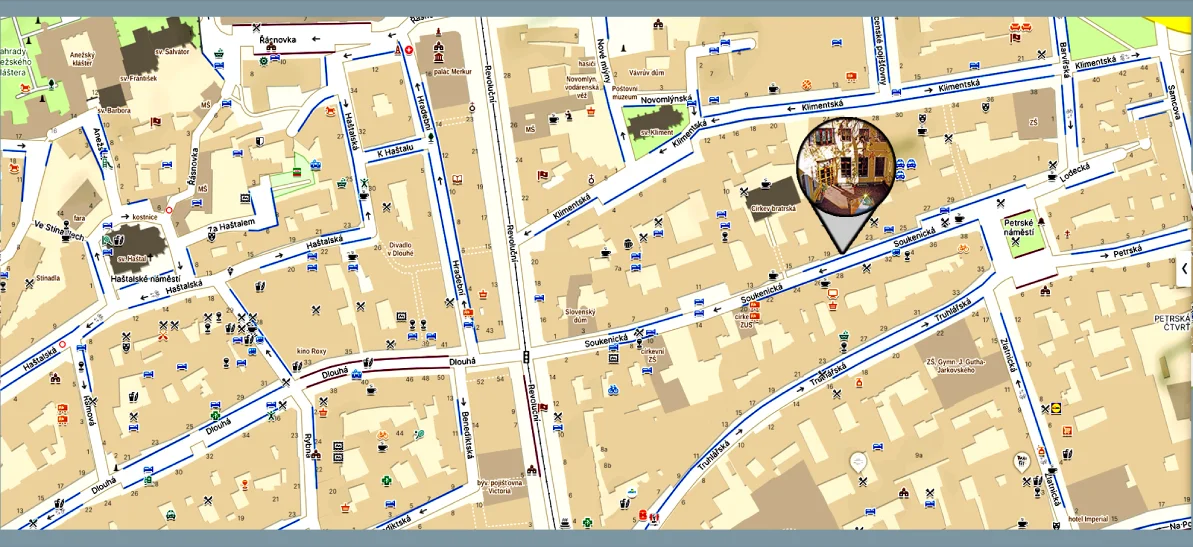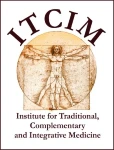
Dr. Peter Kath - Germany
Abstract of the presentation
What Would Hippocrates Say Today?
Branch: Ayurveda
Nature knows no boundaries. There are no English, German, European or Indian elements. Air, fire and water increasingly reveal their global character. Borders are human constructs that draw artificial lines through undivided nature. All methods that serve health aim for the healing of the human being. According to the teachings of Ayurveda, we are all composed of the same elements that shape both nature and humankind. Ayurveda was created by sages to serve all humanity, not individuals of a particular nationality. The knowledge (Veda) of life (Ayur) concerns the human being as such.
The 2017 Geneva Pledge of the World Medical Association, a modern version of the Hippocratic Oath, recalls the central ethical principles of the profession:
“I solemnly pledge to dedicate my life to the service of humanity. (…) I will share my medical knowledge for the benefit of the patient and the advancement of health care. (…) I will respect the autonomy and dignity of my patient. (…) I will attend to my own health, well-being and abilities in order to provide care of the highest standard.”
It is therefore important to emphasise four key aspects: service to humanity; sharing knowledge for the benefit of patients and health care; respect for the patient’s right to self-determination; and care for one’s own well-being. All healing methods can be integrated into a system founded on these pillars. What this means for a shared strategy, and what role music can play within it, will be the focus of the lecture.
Curriculum vitae
Member of EUAA and a member and consultant of the executive board of the registered association Santulan-Veda. Dr. Peter Kath, inwardly a musician, by profession lawyer, is engaged for more than 30 years as a disciple of Dr. Shri Balaji També with meditation, yoga and Ayurveda.
Please note that some of the texts also include machine-generated translations.





